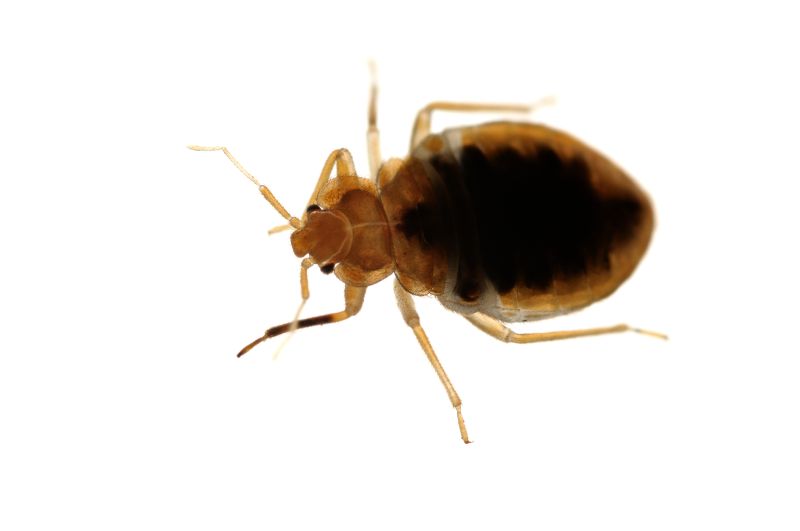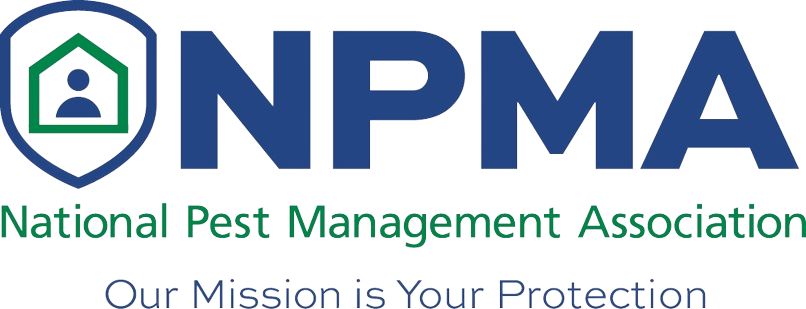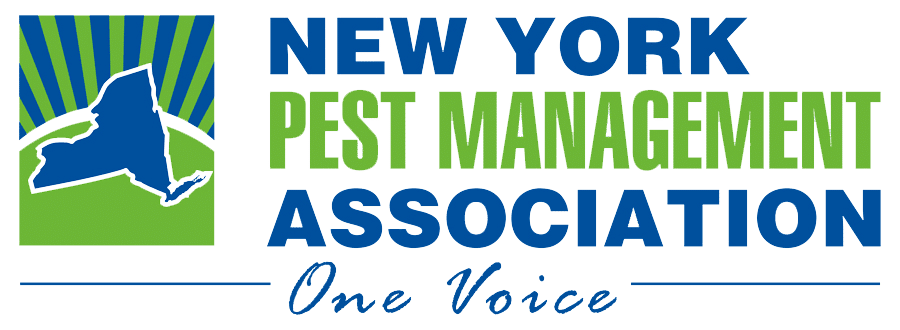 Bed Bugs Control and Elimination
Bed Bugs Control and Elimination
Our bedbug management professionals practice Integrated Pest Management (IPM), which includes a combination of treatment methods, which are selected and applied carefully according to factors that are present within the infestation. Our bedbug professionals are trained and licensed in pesticide application to ensure safety of occupants and effectiveness of controlling these pests. One of the initial tasks of Eudaimonia's pest control is inspection to locate where the pests are hiding and to determine the degree of infestation. The results of a thorough inspection can determine the treatment protocol as well as instruct the occupant if the mattress or any other objects should be treated or treated and discarded properly, depending on the level of infestation and the condition of the situation. Before the treatment we will provide the occupants with bed bug treatment preparation sheets and guide to bed bug control. Treatments are based on findings during a careful inspection as well as the concerns and needs of the occupant. Once a treatment appointment is scheduled and the preparation has been completed, our professionals will perform the initial treatment. Upon completing the treatment, our team will also do a follow-up visit to re-inspect the area and repeat the treatment if necessary or verify that it has been successfully eliminated.
One of the most important aspects of our management has been our exterminator’s thoroughness when using pesticides that have been researched and tested for their effectiveness at controlling bedbugs. We are trained to safely apply those, using thorough applications to control infestations. Our professional team can provide an effective treatment which can eliminate any bedbug infestation. Eudaimonia’s management program uses several methods of treatments, offering a safer yet thorough approach. Because of the use of insecticides as part of the treatment, keeping occupants safe is the most important part of our goal.
Identification
Bed bugs are parasitic insects of the cimicid family that feed exclusively on blood. The common bed bugs are the best known as they prefer to feed on human blood. The name "bed bug" derives from the preferred habitat of warm houses and especially near or inside beds and bedding or other areas around the house. Bed bugs are mainly active at night, but are not exclusively nocturnal. They usually feed on their hosts without being noticed.
A number of adverse health effects may result from bed bug bites, including skin rashes, psychological effects, and allergic symptoms. Bed bugs are not known to transmit any pathogens as disease vectors. Certain signs and symptoms suggest the presence of bed bugs and finding the adult insects confirms the diagnosis. Bed bugs have been known as human parasites for thousands of years. They are potential to contaminate food with bacteria and other disease-producing organisms.






